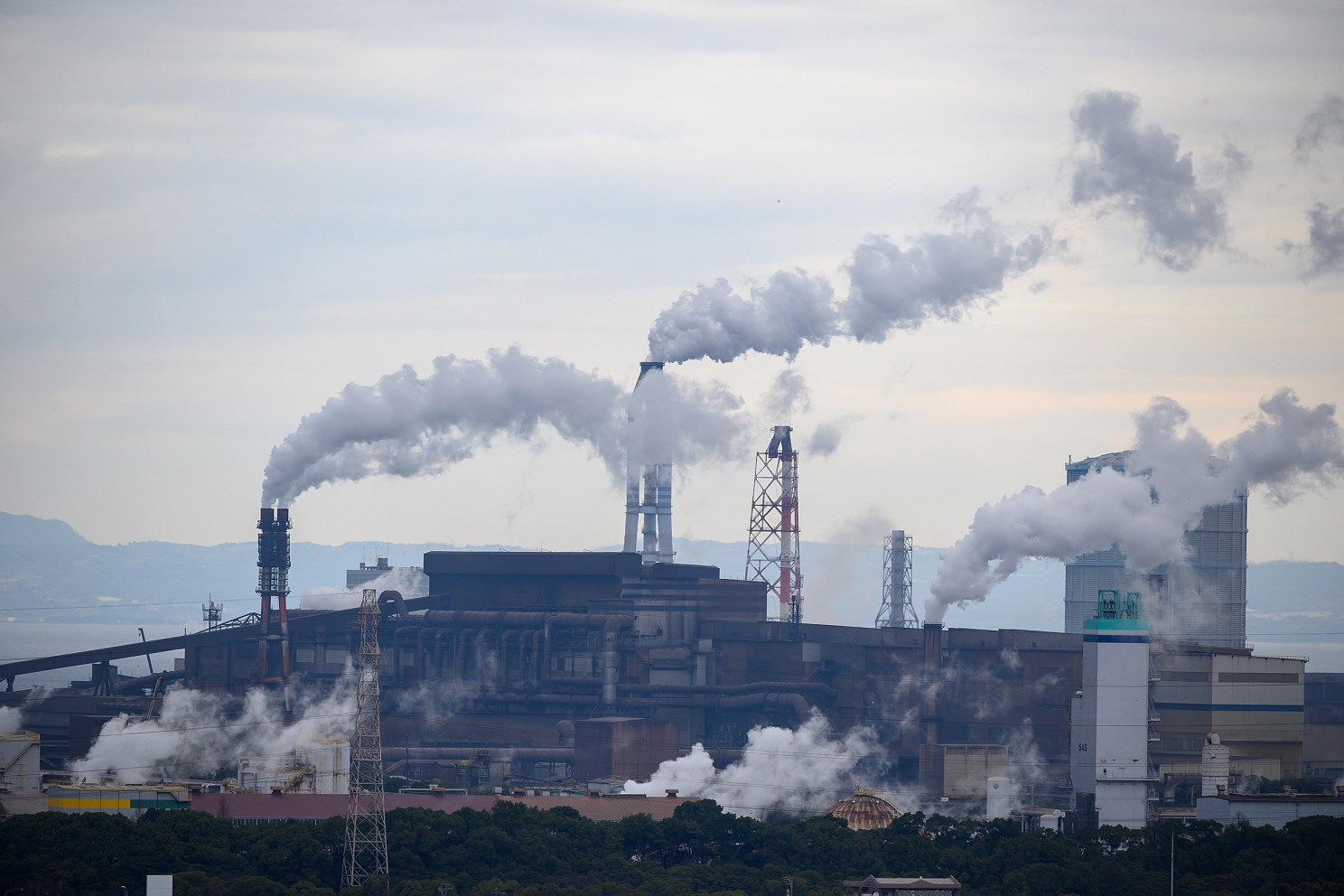Dirty emissions from coal-fired power plants have been declining in recent years. But other sources of air pollution — including soot from the burning of gas, biomass, and wood in buildings — now have more negative health effects than coal combustion, according to a new study from Harvard T.H. Chan School of Public Health.
The study looked at the number of early deaths linked to fine particulate air pollution (PM2.5) from a range of stationary sources, such as power plants, industrial boilers, buildings, and other industries, from 2008 through 2017. Researchers found that the share of premature deaths linked to pollution from sources like natural gas-fired power plants, wood stoves, and boilers that burn wood pellets climbed to roughly 70 percent of the total.
Exposure to PM2.5 has been linked with a range of health problems, including a number of cardiovascular and respiratory diseases. In a May 6, 2021, article in Gizmodo, Jonathan Buonocore, research scientist at the Center for Climate, Health, and the Global Environment at Harvard T.H. Chan School of Public Health (Harvard Chan C-CHANGE) and lead author of the study, noted that these tiny particles can harm “every single system” in the body. In a May 5, 2021, article in E&E News, he said, “When you swap one combustion fuel for another, that is not the pathway to a healthy energy system.”
The study’s authors — who also included Harvard Chan School’s Parichehr Salimifard, Drew Michanowicz, and Joseph Allen — recommended greater reliance on clean energy sources.






